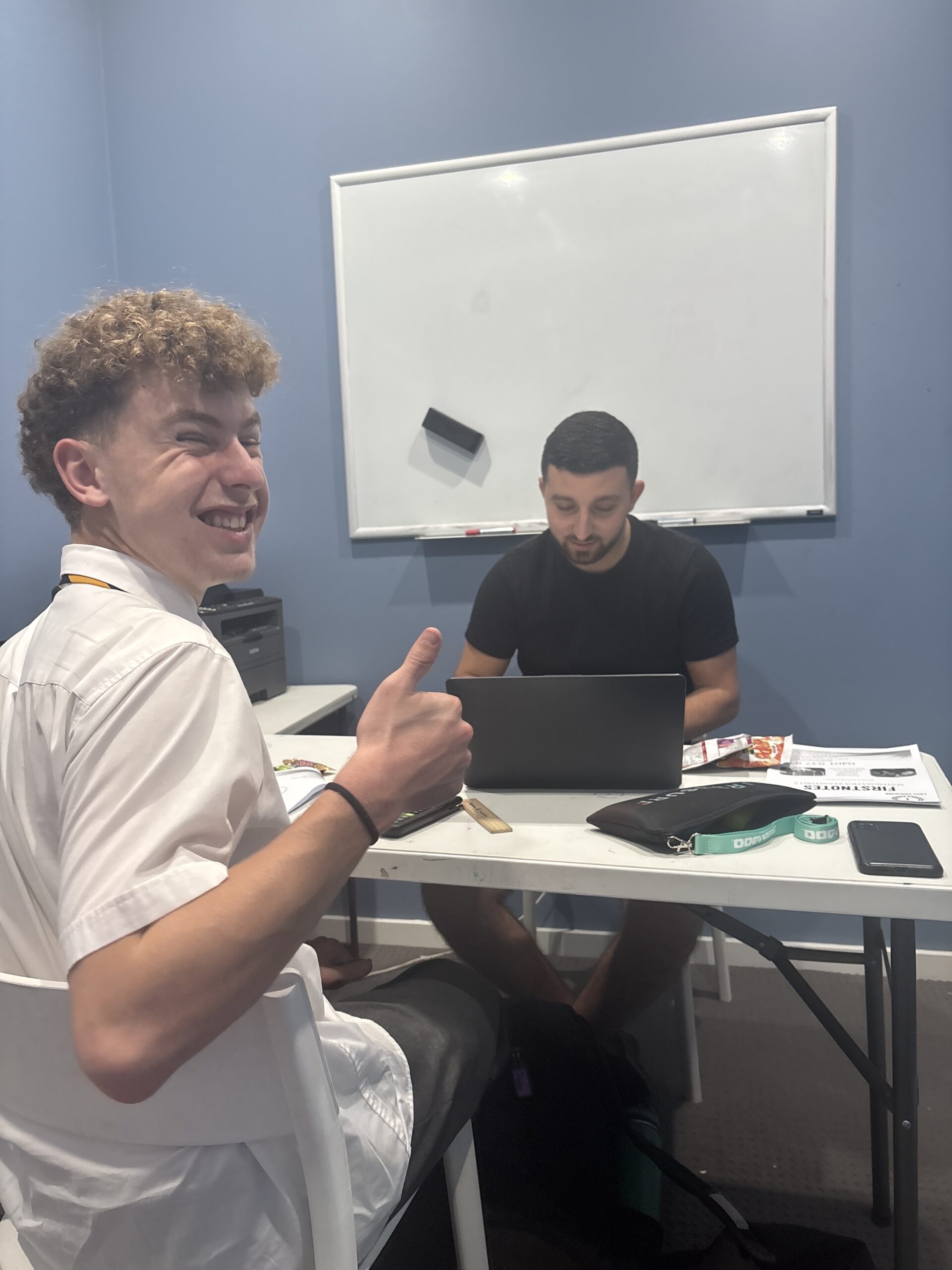
When I had the opportunity to observe David teaching maths to a student, I quickly realized that the experience was just as much about learning effective teaching strategies as it was about the subject itself. From the very beginning, David’s calm and approachable manner set the tone for the lesson. The student seemed relaxed, which made it easier for them to engage with the material. This highlighted for me the importance of creating a positive learning environment before even addressing the academic content.
As the session unfolded, I noticed how David broke down complex problems into smaller, manageable steps. For instance, instead of presenting an entire equation at once, he guided the student through each stage of the problem, checking for understanding along the way. This approach not only built the student’s confidence but also reinforced the idea that mastering maths is about process rather than memorization. I learned that scaffolding learning in this way helps students avoid feeling overwhelmed and keeps them motivated.
David also asked thoughtful, open-ended questions rather than simply giving answers. For example, instead of saying “this is the solution,” he would ask, “why do you think this step is important?” or “what could we try next?” These prompts encouraged the student to think critically and take ownership of their reasoning. Watching this, I understood how questioning techniques can foster deeper understanding and independence, rather than reliance on the teacher.
Another thing that stood out was David’s use of encouragement. Even when the student made mistakes, David treated them as opportunities for growth. He reassured the student that errors are part of learning, and he showed how to correct them without judgment. This positive reinforcement helped maintain the student’s confidence and willingness to try again. I found this particularly valuable, as it reminded me that emotional support is just as crucial as intellectual guidance in teaching.
By the end of the session, the student not only understood the topic better but also seemed more enthusiastic about tackling future problems. Observing David’s teaching showed me that effective maths instruction is about clarity, patience, and encouragement. It is not just about delivering knowledge but about nurturing a learner’s confidence and problem-solving skills.
Maria Kargas

